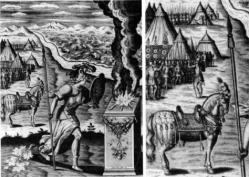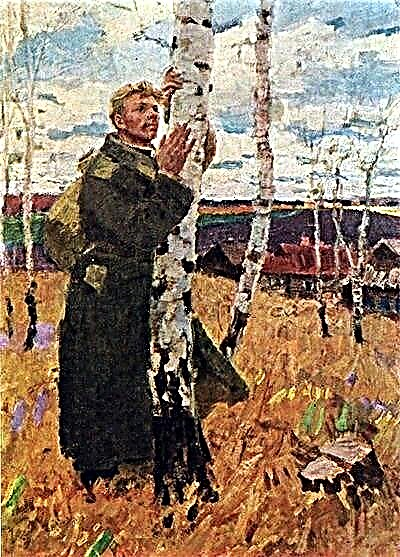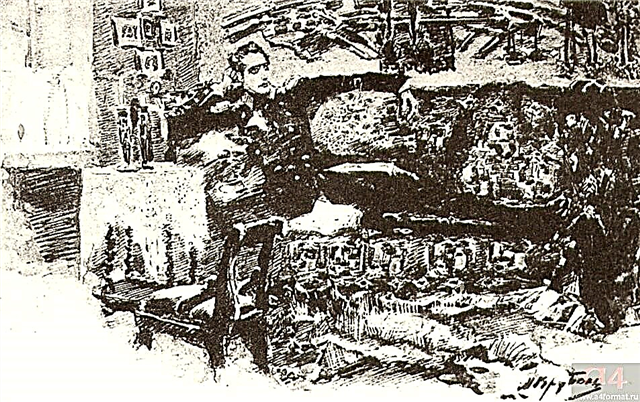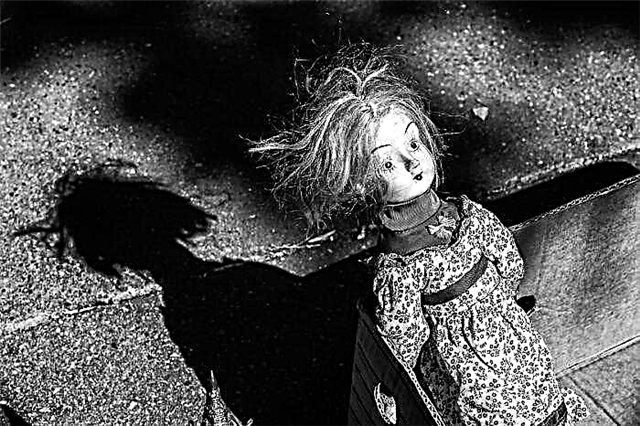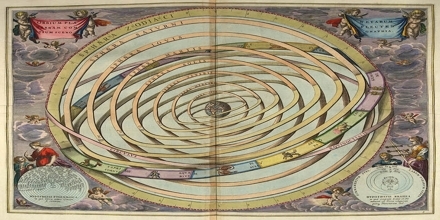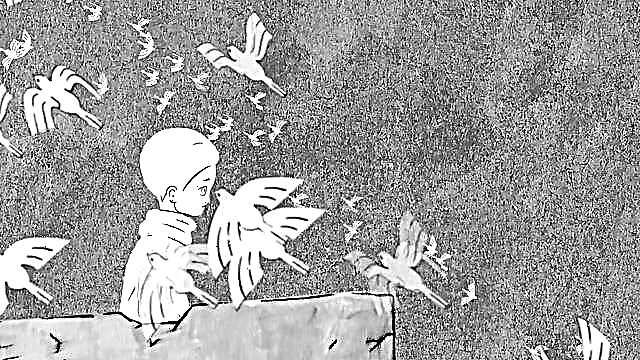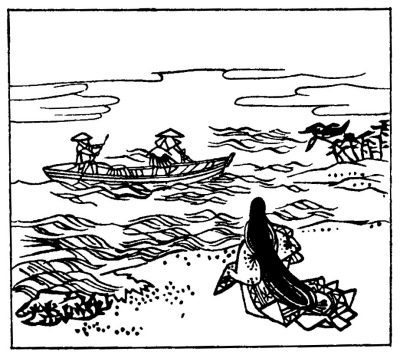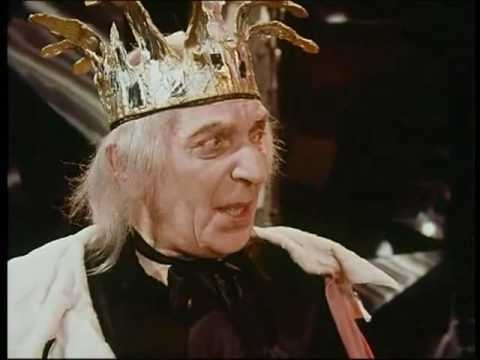What are values? First of all, this is what is important for a person. Values can be material and spiritual. The former are expressed in luxury goods, money, jewelry and guarantee to the person who professes such values, greed and greed. In the end, money is wasted, precious things can be lost, and luxury items lose their novelty. But there are spiritual values. Unlike things that are eternal, they cannot fray or lose their presentation. That which does not have a material form, but lives in the hearts and minds of people cannot be changed, because it cannot be destroyed and refuted by any arguments.
In the novel "War and Peace" L.N. Tolstoy in contrast lined up the images of Natasha Rostova and Helen Kuragina, each of which professes its own system of values. Natasha is a kind, lovely girl with a sensitive soul. One of its main values is deeply altruistic and humane patriotism. In this regard, an episode is indicative in which Natasha persuades her father to donate the property of their family in order to take the wounded out of besieged Moscow on carts. Such a willingness to help and sacrifice their well-being can hardly be observed in Helen Kuraginoy, whose values are her own beauty and wealth. It is they who prompt her to marry Pierre Bezukhov, who received a good fortune from his father. As we see, Natasha remains true to her values, although she stumbles once, having run away with Anatole Kuragin. But Helen is convinced that her values are perishable and do not give genuine satisfaction. She is faithful to them, but they are not reliable and not worth her loyalty.
In the poem M.Yu. Lermontov “Mtsyri” a young monk in a long monologue talks about his main value - freedom. Escaping from the monastery gives Mtsyri a feeling of fullness of life. All his new sensations - a meeting with a Georgian woman, a fight with a leopard - remain a short but vivid memory in his memory. Freedom is what makes the life of a hero meaningful. All those three days that he spent in the wild, he was happy. He managed to combine his fiery character with wildlife. In these three days, he really lived, and did not indulge in dreams of freedom or his childhood at home. It is independence — physical freedom and freedom of thought — that are the unchanging values of the young monk Mtsyri, for the sake of which he sacrificed everything. No doubt it was worth it.
Thus, values that cannot be changed are moral, humane values. It is impossible to touch and see them. These values are subject to the rules of the unspoken law on the construction of a right, good and healthy society. Such values contain the mind and souls of kind, sympathetic people who are capable of love, friendship and support.

